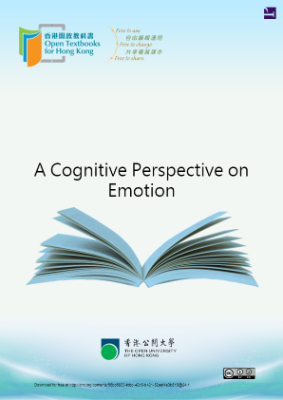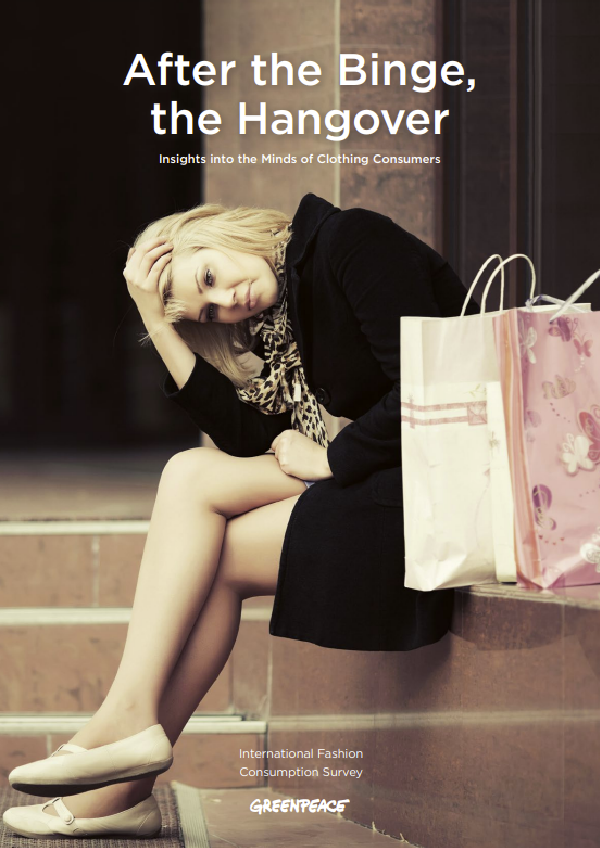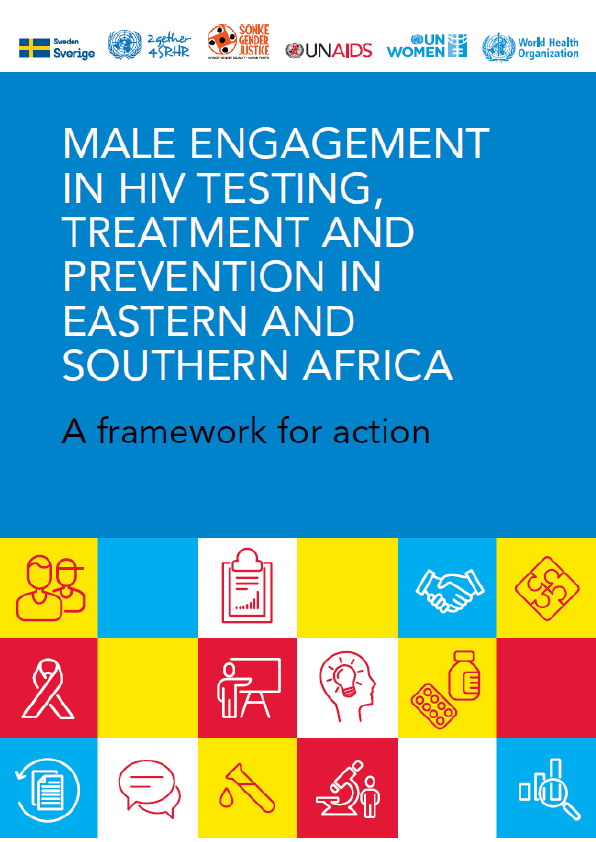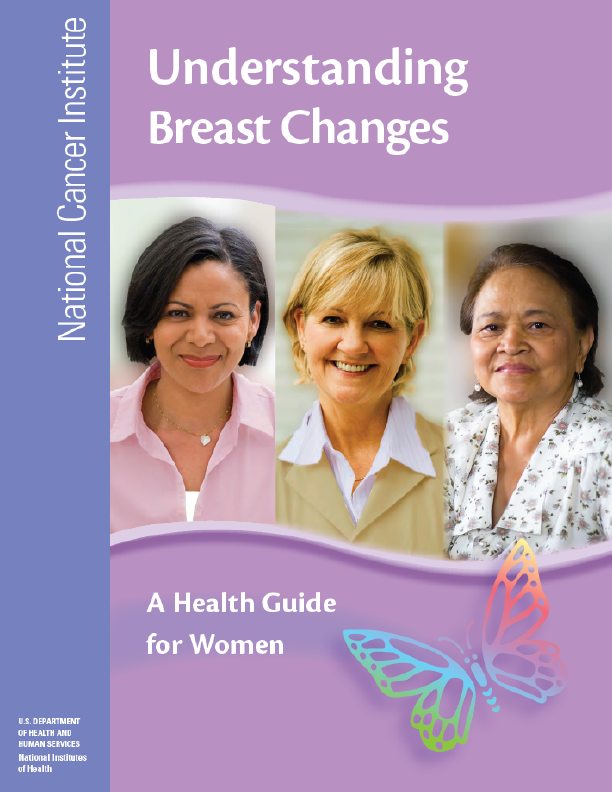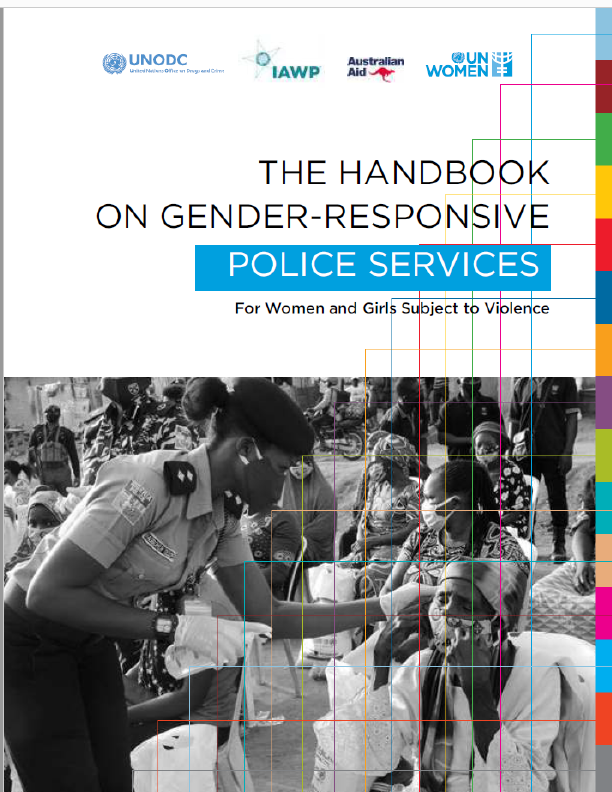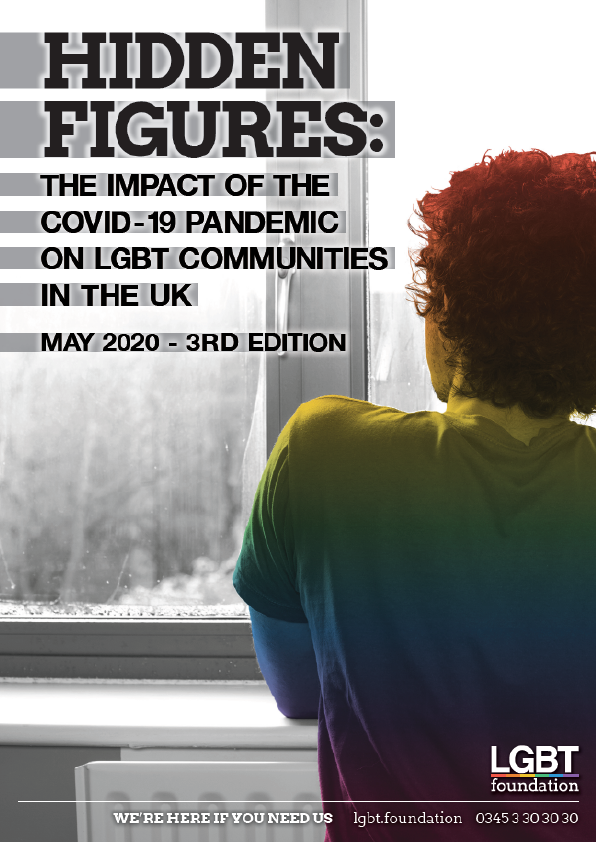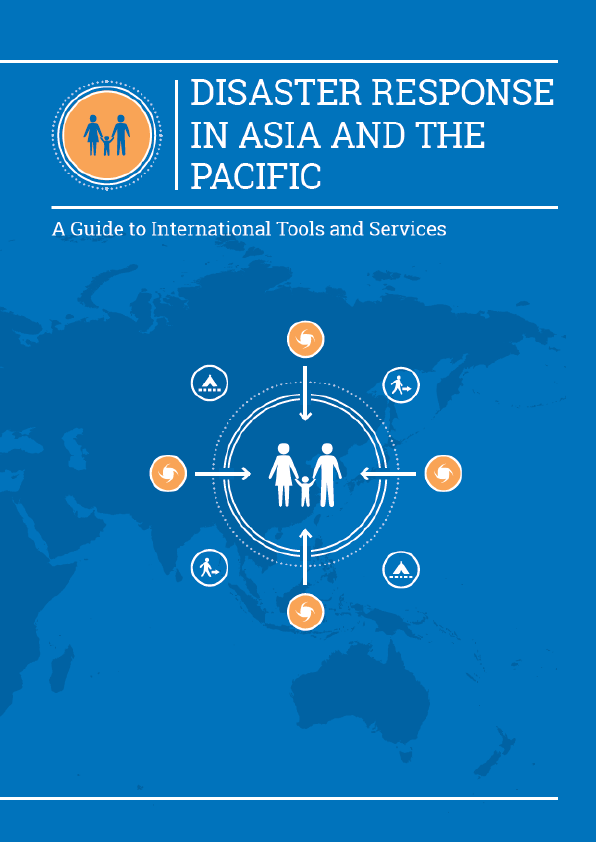Emotion and Logic
Some things in life cause people to feel, these are called emotional reactions. Some things in life cause people to think, these are sometimes called logical or intellectual reactions. Thus life is divided between things that make you feel and things that make you think. The question is, if someone is feeling, does that mean that they are thinking less? It probably does. If part of your brain is being occupied by feeling, then it makes sense that you have less capacity for thought. [Saying “part of your brain” shows how feeling and thought take up the same space, or might use the same abilities or similar processes in the mind. It shows how you really can’t do two things at once, especially since they are both cognitive processes (they both take up your memory and attention).] That is obvious if you take emotional extremes, such as crying, where people can barely think at all. This does not mean that emotional people are not intelligent; it just means that they might be dumber during the times in which they are emotional. Emotion goes on and off for everyone, sometimes people cry, and sometimes they are completely serious. [This could further mean that an emotional person might be less emotional if they are doing serious thinking.] In 1941 Hunt said that classical theories of the definition of emotion “concern themselves with specific mechanisms whereby current behavior is interrupted and emotional responses are substituted” (W. Hunt, 1941)
The previous paragraph explored the difference between and nature of emotion and thought (or intellect). Understanding the nature of emotion and thought might help explain Descartes’ statement “I think, therefore I am” because his statement implied that thought is the important element for existence. What role do feelings and thoughts play in determining if and how you exist?
Some things in life can identifiably cause more emotion than other things.
- Color causes more emotion than black and white. So anything with more color in it is going to be more emotional to look at, whether it is the difference between a gold or silver sword, or a gold or silver computer. In both cases the gold is going to be more emotional. [That example with the sword makes it obvious that color is more emotional than things with less color, it usually is hard to tell if each thing is more or less emotional just based off of the color. It might be that something black is more emo tional than something colorful if they are different objects. Also, it seems like color is a shallow source of emotion, like you can identify that color causes more emotion, but if you have an attachment to something if it has a black and white color instead of being colorful, or something else is going on, then the black and white object might be more emotional than its colorful version.
- Things that are personal are emotional, personal things that people like and that they feel are “close” to them. Things like home or anything someone likes actually. That is a definition of emotion after all, something that causes feeling. So if you like it, it is probably going to cause more feeling. Other things aside from liking something could cause emotions from it, such as curiosity, but usually like is one of the stronger emotions. You could say that the two are directly proportional, the more you like something, the more it is going to cause feeling. [Or the more curious you are, or any other emotion, would probably generate more feeling. If you are emotional about something, that is saying that it is causing you to feel more. This is more clear when the difference between emotion and feeling is explained later in this section. Aristotle, however, claimed that the core of emotions were beliefs and desires. That shows how strong beliefs and desires are emotionally. Desire is a less cognitive term than the word “like” because desire implies that it is an automatic emotional response whereas the word like means that you consciously like something. How much you like something comes from understand ing your desires because like is your understanding of how much you desire something.
